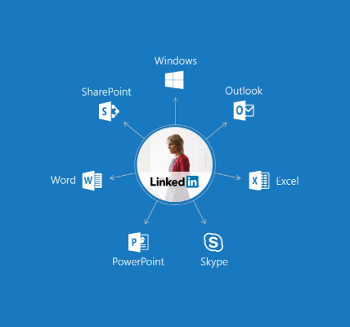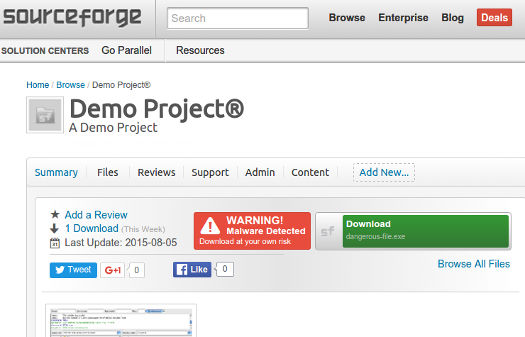Also included: Two distros with new releases, Fedora 24 due on Tuesday and Ammon, Idaho thinks out-of-the-box.
FOSS Week in Review
When karma comes to visit, the one thing to remember is that in some way — which might even seem totally unrelated — you have some responsibility for that karmic bite. The best thing to do is to accept it with grace and to move on. I tell you this because that should give you a pretty fair assessment of what my life has been like since the last Week in Review.
But it hasn’t all been bad karma. There’s been good news on the FOSS front as well…
Move over LSB, Snaps are here: Once upon a time there was hope that Linux Standard Base would bring the ability to write-once-and-install-on-any-distro capability to GNU/Linux. Most folks quit believing that would ever happen about the time that LSB member distro Caldera shut down to try to make a living suing IBM as SCO. Although LSB is still being developed, it hasn’t been widely adopted and most of us have realized that the distro repository system that now dominates Linux is actually a strength despite the inconveniences.
Christine Hall has been a journalist since 1971. In 2001, she began writing a weekly consumer computer column and started covering Linux and FOSS in 2002 after making the switch to GNU/Linux. Follow her on Twitter: @BrideOfLinux




 According to a
According to a 






 “When building features for hundreds of millions of Firefox users worldwide, it’s important to get them right,” he wrote. “To help figure out which features should ship and how they should work, we created the new Test Pilot program.”
“When building features for hundreds of millions of Firefox users worldwide, it’s important to get them right,” he wrote. “To help figure out which features should ship and how they should work, we created the new Test Pilot program.”